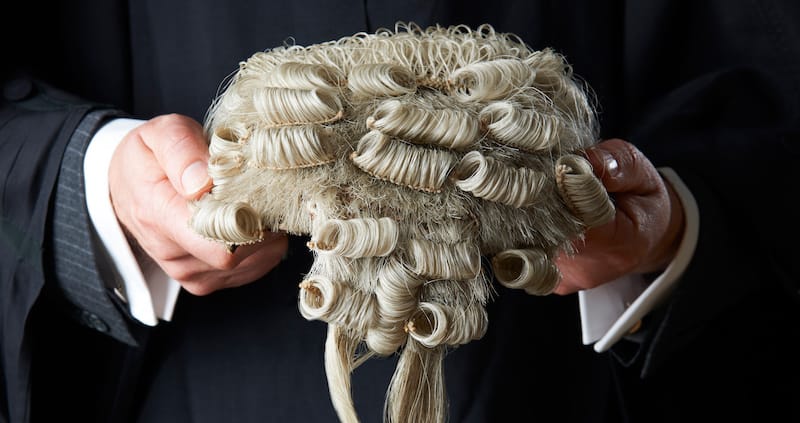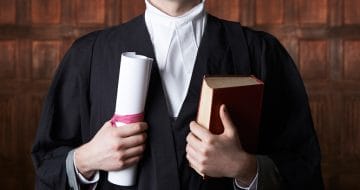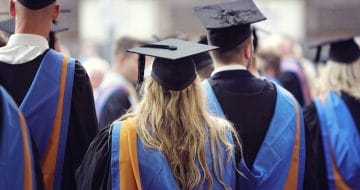Also impact Inns

Postponing the call until after pupillage would make the bar “gradually less diverse”, says a former Bar Council chair.
Stephen Hockman KC, who held the top spot at the Bar Council in 2006, weighed in on the ongoing debate in an article in the Bar Council’s Counsel magazine.
The joint head of chambers at 6 Pump Court was writing in response to an article supporting the shift, penned by last year by the then current chair Nick Vineall KC and vice-chair of its education and training committee, Fallon Alexis.
At it stands, students are called to the bar and given the title barrister upon completion of their bar course studies. Despite holding this title, however, they are unable to practice until the successful completion of pupillage. This was described by Vineall and Alexis as confusing and damaging to social mobility.
Taking the opposite stance, Hockman KC, who is also a master of the bench at Middle Temple, highlighted the potential damage the shift could have on diversity and the Inns.
“It seems to me self-evident that if we move to a system in which no one can even be eligible to be called to the bar unless and until they have completed pupillage, then the number of those seeking to join an Inn of Court is bound to drop sharply and significantly, with many bright graduates choosing instead to follow the path to becoming a solicitor,” Hockman KC writes.
“The net result will be a branch of the profession which is gradually less diverse, and certainly perceived as less diverse and more socially exclusive” he continues. “It will also be a profession which is very unlikely to expand at anything like the rate at which it has expanded during our professional lifetimes, and indeed it will be a profession which will fairly soon start to contract in numbers.”
Raising further concerns for the future of the bar more broadly, the barrister goes on: “We cannot hope to exercise continuing influence, both within the legal profession itself and more widely, unless we maintain and indeed increase our numbers as we have done steadily over the last 50 years.”
The shift, he continues, would likely “put our branch of the profession on a downward path, at the very least from a reputational point of view, just at the moment when it is already vulnerable to competition in the commercial sphere from the major law firms, and by reason of funding constraints in the publicly funded sphere”.
The almost certain decrease in the number of overseas students completing the Bar course and joining Inns was another issue raised.
“Our tradition of enabling students from overseas to be called to the Bar has not only achieved the surely desirable objective of strengthening our links with a good number of overseas jurisdictions. Perhaps more importantly it has encouraged the preservation of the tradition of specialist advocacy in those jurisdictions and thereby strengthened the rule of law in those countries.”
“In the light of the above strategic risks”, he concludes, “the possibility of what is described as ‘confusion’ as to the role of someone called but not yet authorised to practise can carry little weight.”
Join us this afternoon (Wednesday 24 January) for a virtual pupillage application masterclass in partnership with The University of Law, and featuring barristers from from leading sets Gatehouse, Henderson, Landmark and Radcliffe Chambers. Apply for one of the final few spaces.


